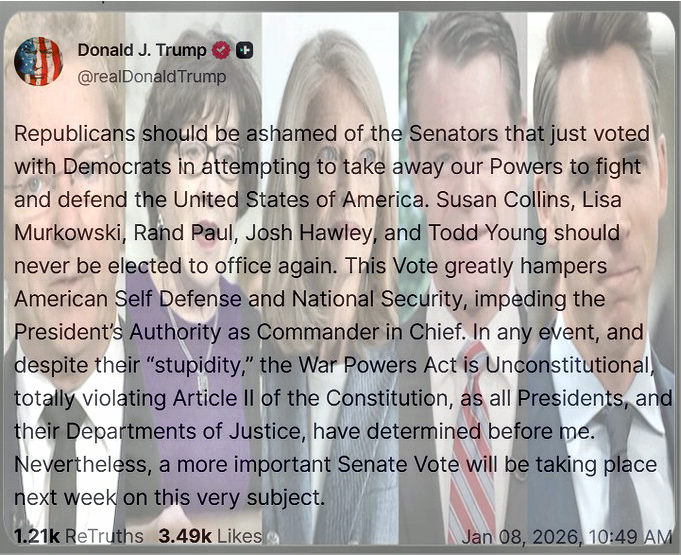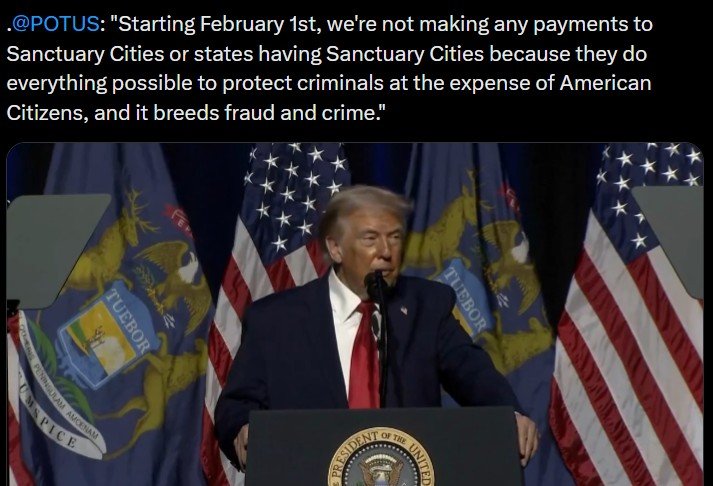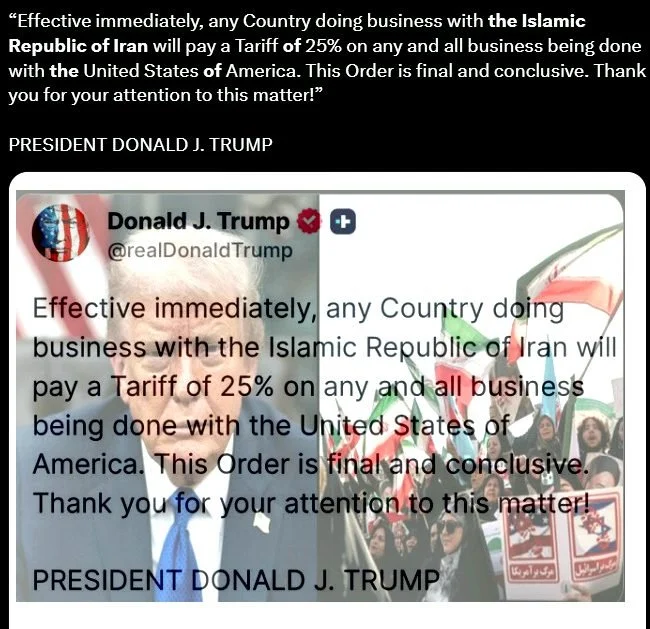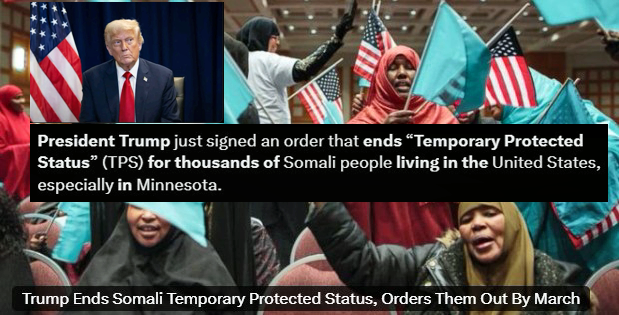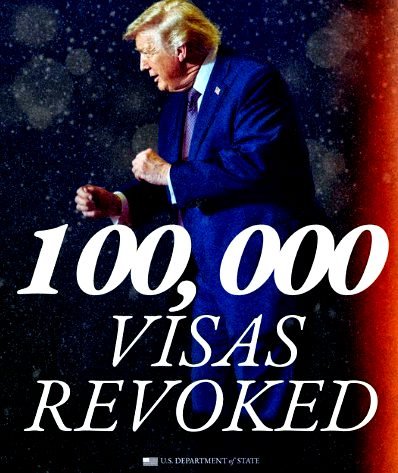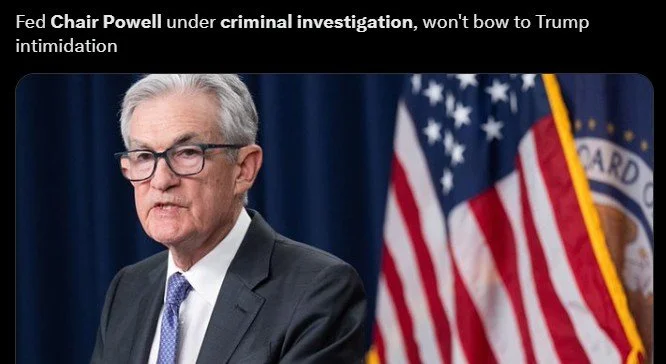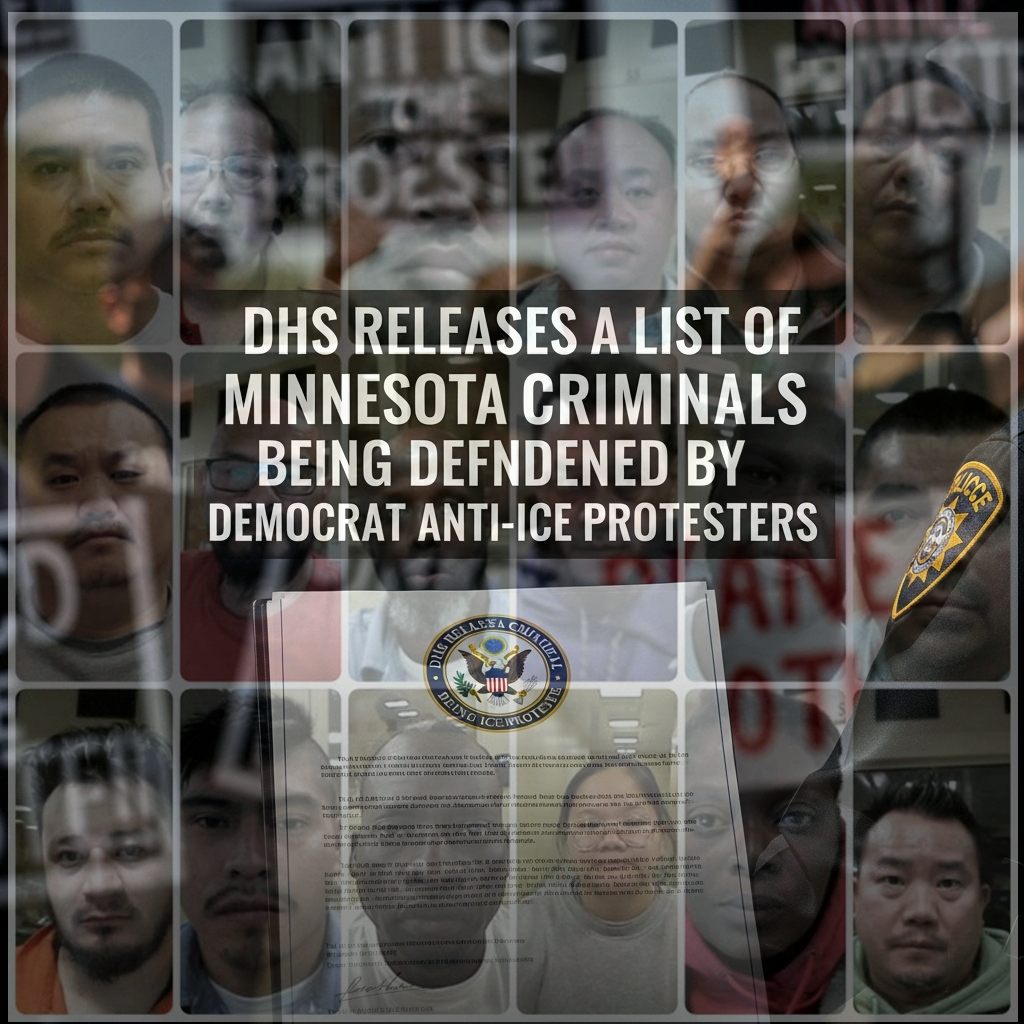Secretary of State Rubio Takes Aim at "Global Censorship-Industrial Complex" by Denying Visas to Foreign Censorship Enforcers
By The Blog Source
A new U.S. policy to refuse visas to foreign officials who coerce American computer companies into censoring content was revealed by Secretary of State Marco Rubio. This measure is part of a larger campaign to dismantle what the administration refers to as the "global censorship-industrial complex."
Foreign officials and their families that engage in censorship directed at American residents, businesses, or individuals shall be prohibited from obtaining visas. Those impacted may include EU Digital Services Act (DSA) officials and Brazilian Justice Alexandre de Moraes. The move comes after a wider assault on restrictions on free speech abroad and the closure of the State Department's Global Engagement Center.
The United States will no longer grant entrance visas to foreign officials who try to censor American individuals or encourage American tech corporations to limit free expression. Secretary of State Marco Rubio announced the strategy, which is the Trump administration's most forceful attempt to address what it refers to as "global censorship collusion."
The Immigration and Nationality Act's provisions made the new regulation applicable to both the offending officials and their immediate family. It targets individuals who attempt to transfer censorship demands into American digital platforms, those who participate in lawfare to quell political dissent, and those who are in charge of direct censorship.
The measure could affect senior EU officials in charge of the contentious Digital Services Act as well as Brazilian Supreme Court Justice Alexandre de Moraes, who has been heavily criticized for ordering the censorship of political opponents. State Department officials were cautious not to name specific individuals. Leaders in the United States have criticized the DSA for its extensive control over American corporations such as Google, Meta, and X.
Since taking office at Foggy Bottom, Rubio has spearheaded a dramatic change in U.S. foreign policy priorities. Prior to this, he closed the State Department's Global Engagement Center. NGOs such as the UK-based Global Disinformation Index received taxpayer funds from that office and were connected to censorship pressure operations associated with U.S. intelligence agencies.
The State Department just alluded to possible Magnitsky Act sanctions against Moraes last week. His harsh speech restrictions in Brazil have turned into a worldwide case study of judicial overreach. The Justice Committee in Congress also adopted legislation to bar him from entering the United States.
Acting Under Secretary of State for Public Diplomacy Darren Beattie has been assigned to spearhead initiatives to defend American free speech rights overseas as part of the administration's strategic realignment. However, Beattie told The Wall Street Journal that his main concern is the spillover effects on content-moderation policies and various free-speech issues within the United States. "Obviously, we don't love the idea of the Europeans censoring their citizens."
According to the government, free expression in the United States is a strategic priority as well as a domestic concern. The United States "is committed to shutting down the global censorship-industrial complex," according to a recent statement from the State Department.
Officials who demand that U.S.-based corporations change their content moderation practices to comply with foreign censorship laws or who threaten to arrest or seize tech companies might also face consequences under the new visa policy. It also includes foreign actors who attempt to impose penalties on U.S. citizens for their online speech or direct tech companies to deny consumers money in response to social or political criticism.
The America First Policy Directive, an executive order signed by President Donald Trump in January, supports the announcement by stating that safeguarding American citizens and their rights must remain a top priority of U.S. foreign policy. The government has made it clear that it views free speech as both a geopolitical advantage and a constitutional right. Speaking at the Munich Security Conference in February, Vice President J.D. Vance issued a warning about the emergence of censorship regimes in Europe that target populist movements such as the French Marine Le Pen movement.
To join the Diamond and Silk Monthly Supporter Program, visit http://SupportDiamondandSilk.com.
Lindell TV, VOCL, ChatDit, Rumble, TruthSocial, and Diamond and Silk Media are all excellent ways to stay connected with Diamond and Silk.









